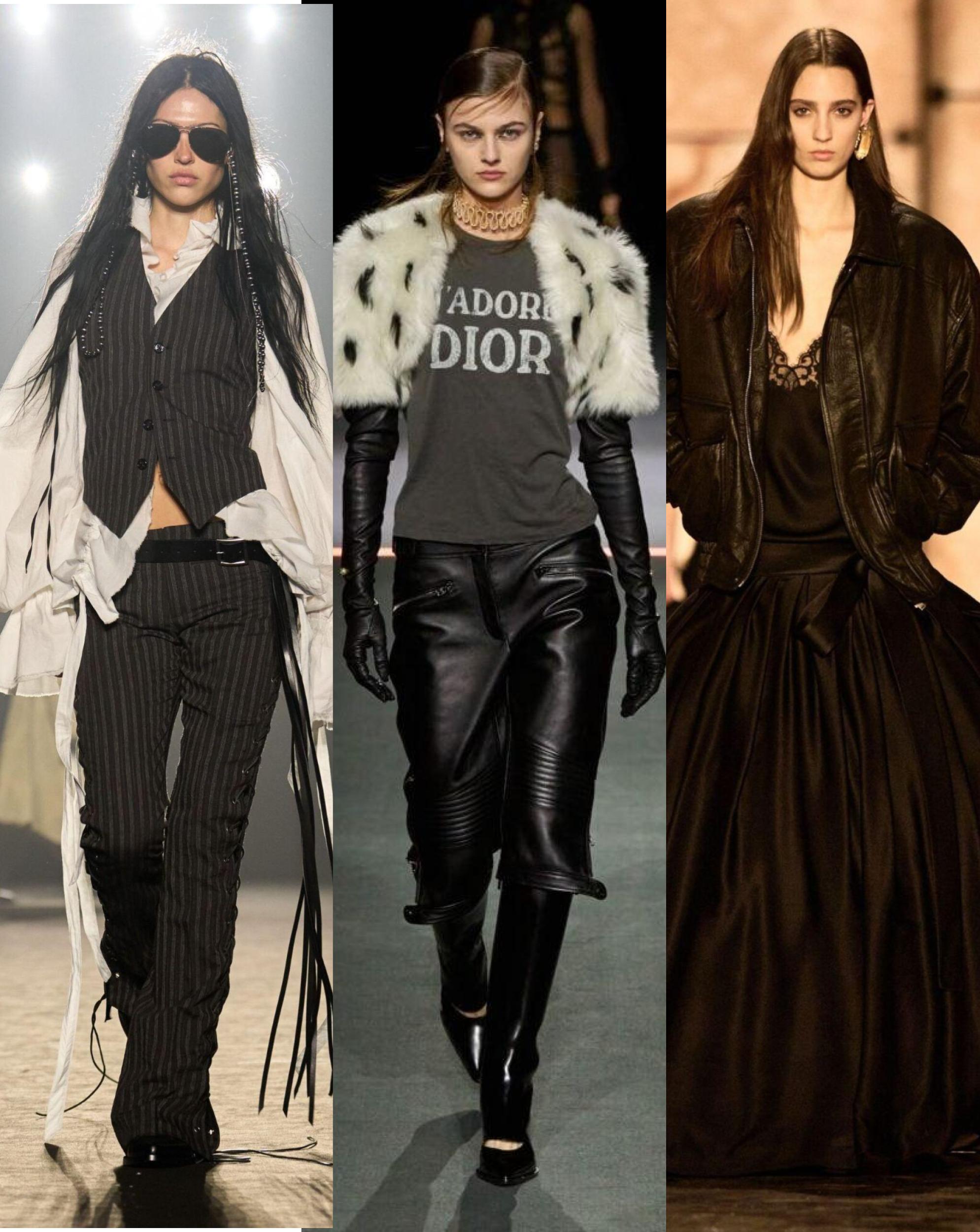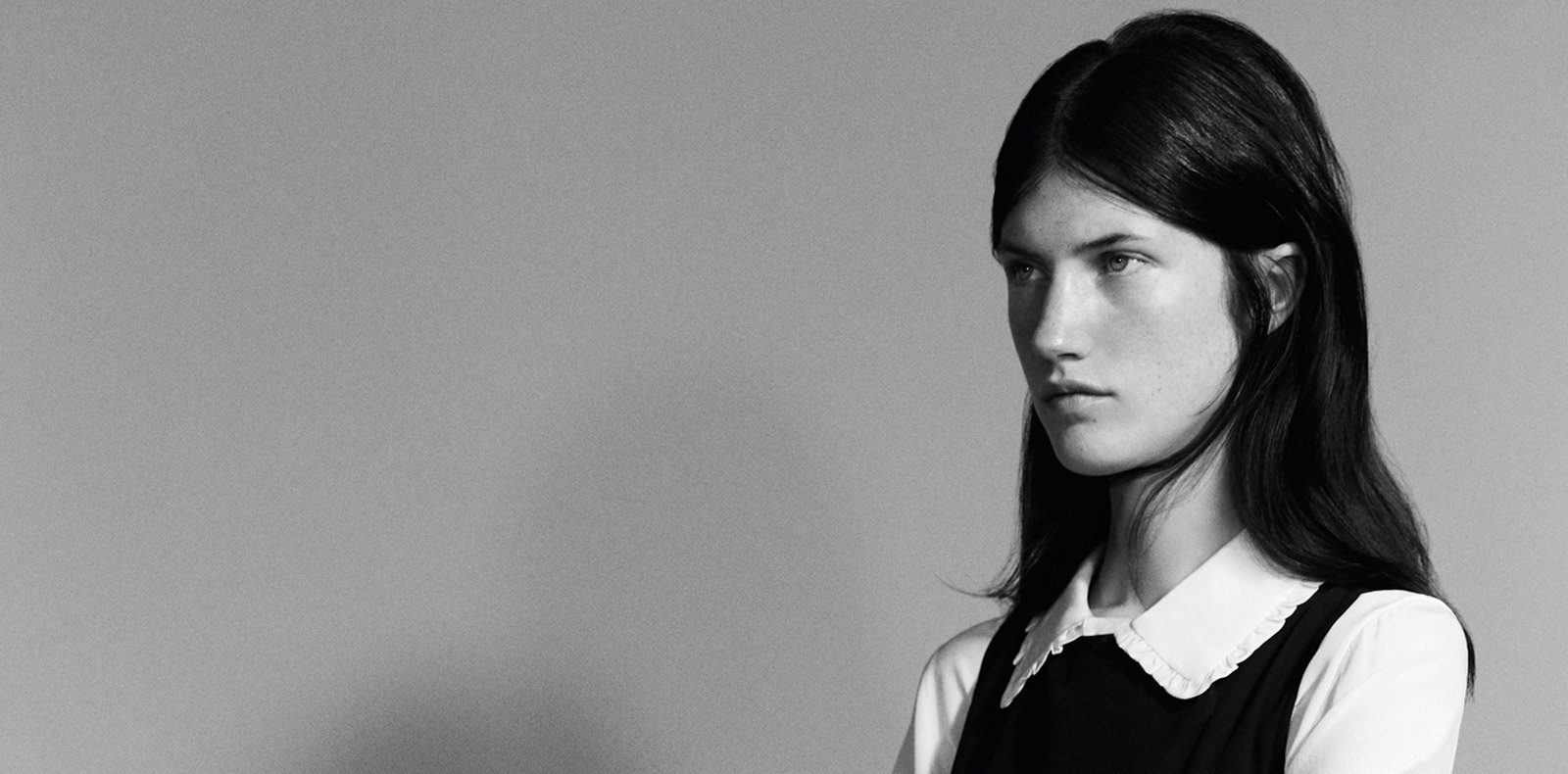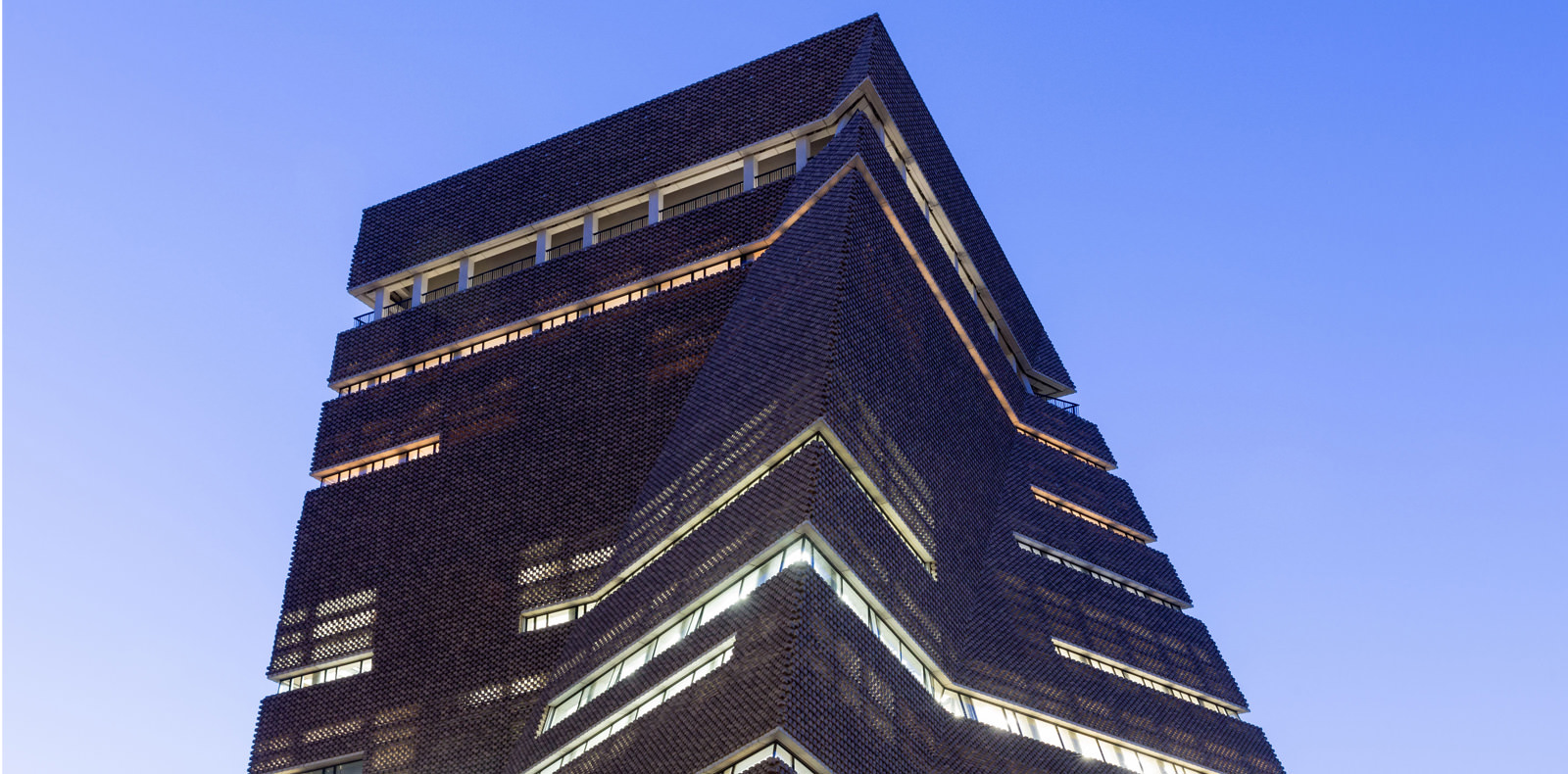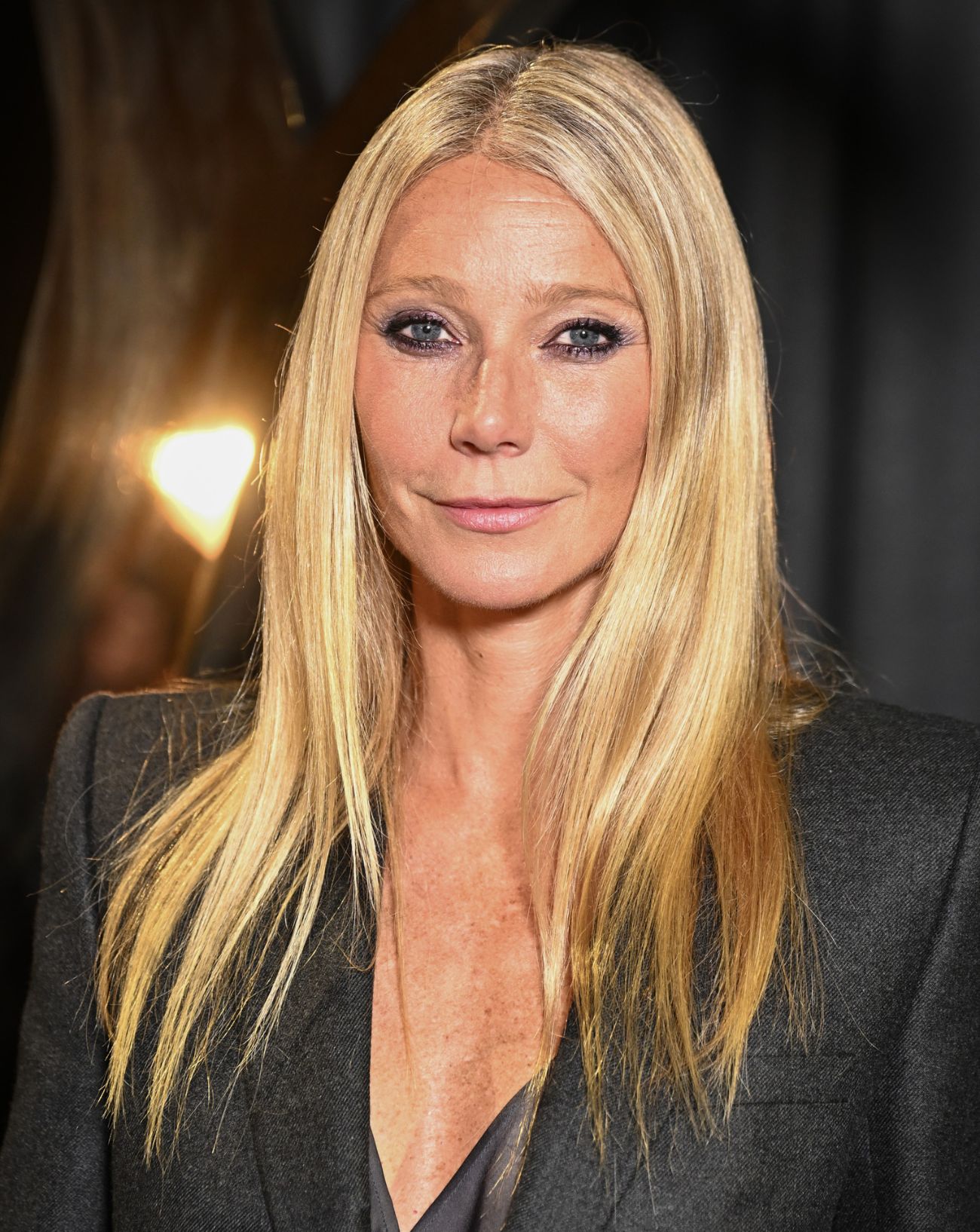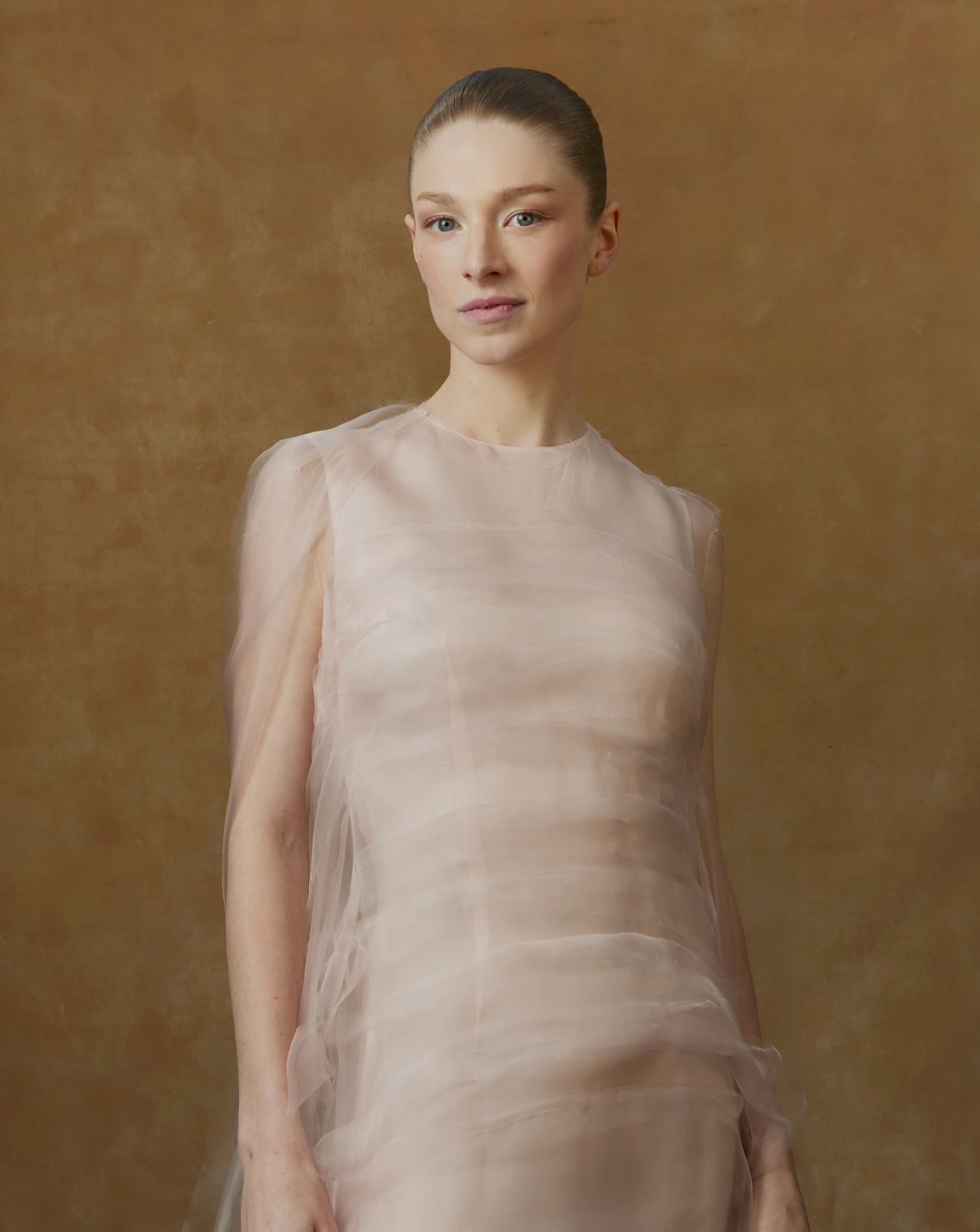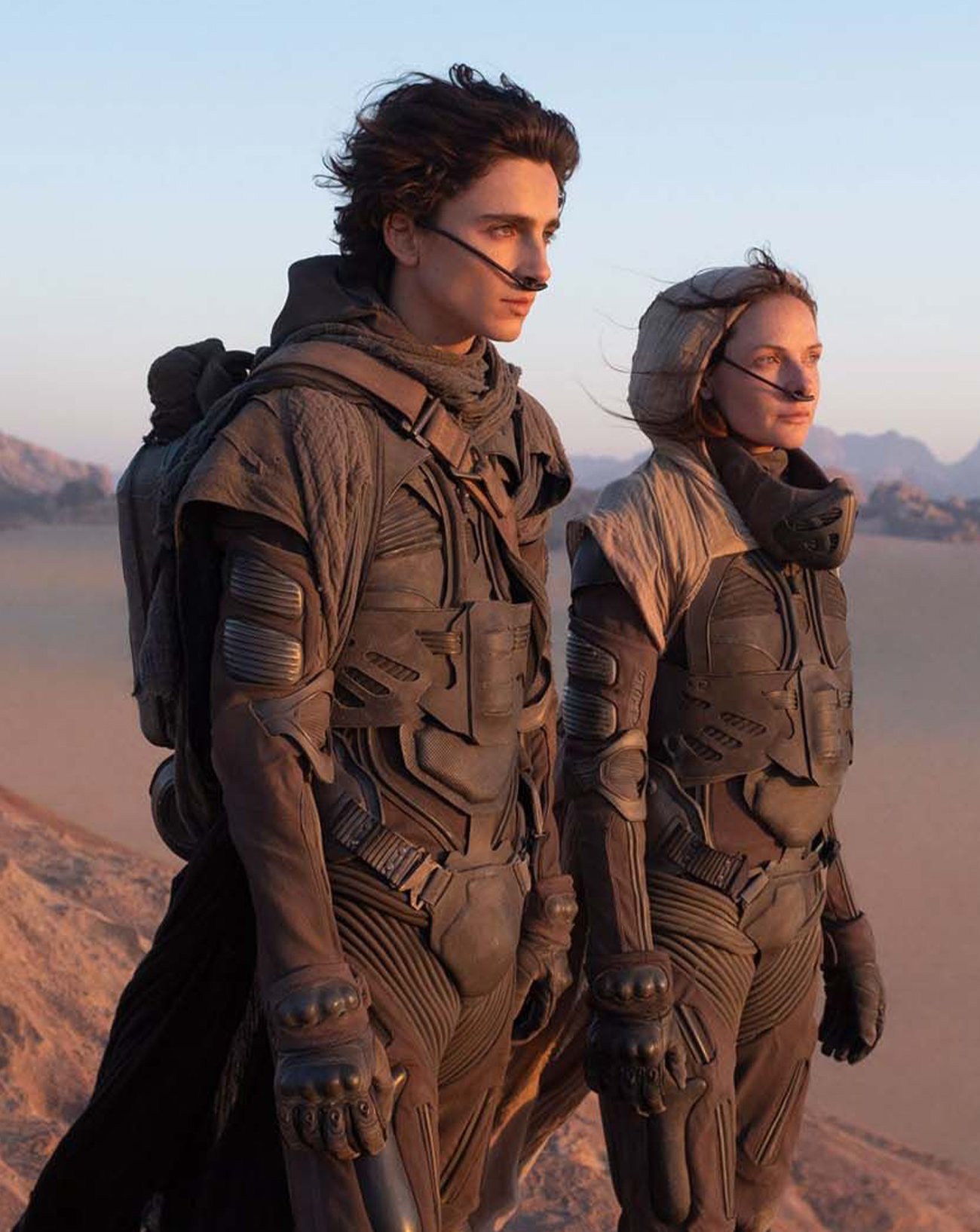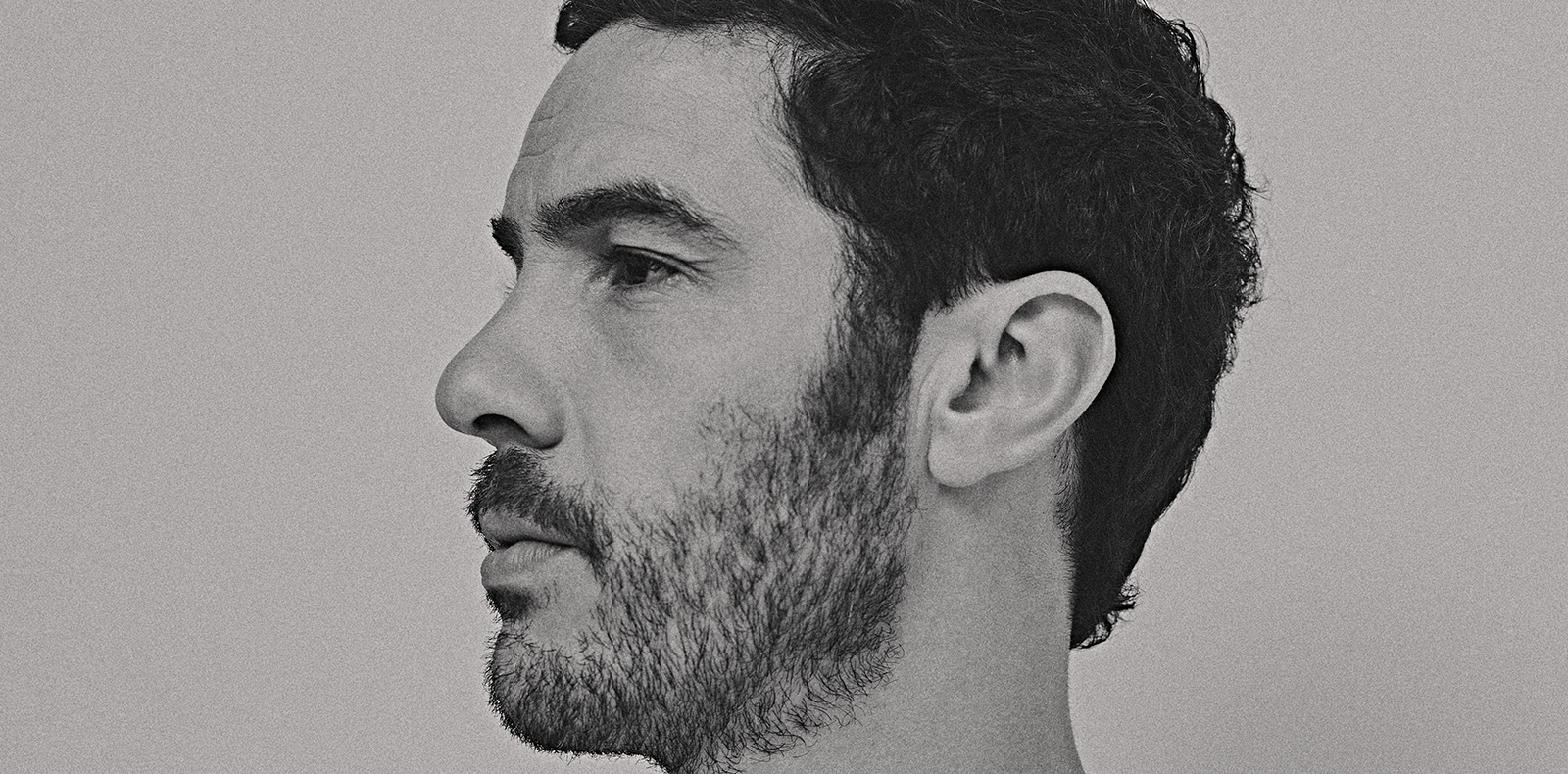
11
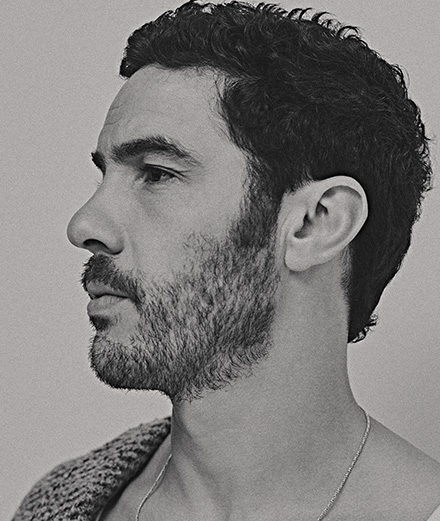
11
“The Mauritanian”: interview with Tahar Rahim
Winner of a César in 2010 for “A Prophet”, Tahar Rahim is currently starring in two roles, one in the series The Serpent and the other in the feature film “The Mauritanian”, directed by Kevin Macdonald. With these distinctly contrasting parts, both based on true stories, he demonstrates the full range of his amazing performance.
Propos recueillis par Chloé Sarraméa.
Published on 11 February 2021. Updated on 20 June 2024.
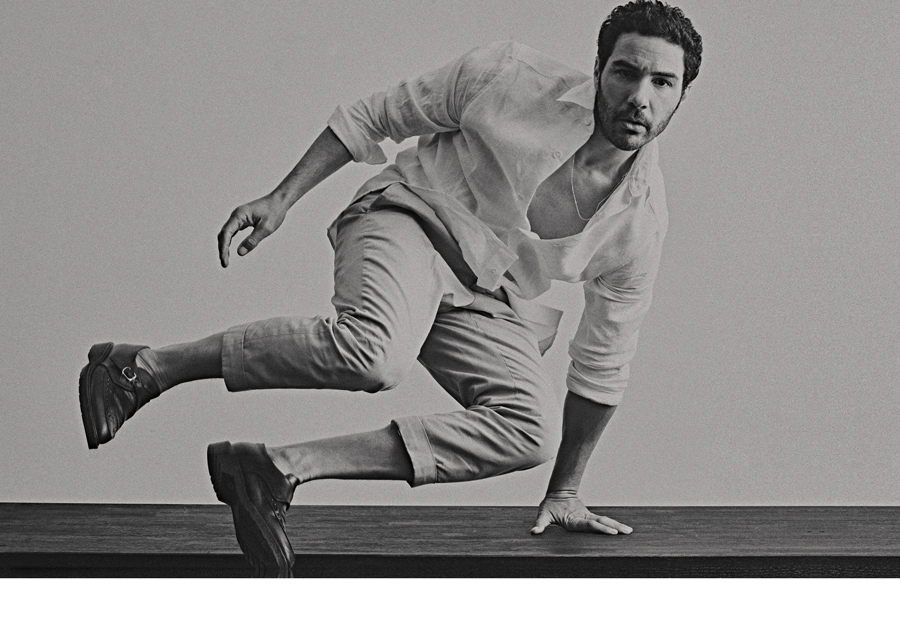
For the past few weeks, his name has been on everyone’s lips. In The Serpent, a British series already broadcast by the BBC and soon to be shown on Netflix, Tahar Rahim is sensational as Charles Sobhraj, a serial killer who, in the 1970s, preyed on tourists travelling the hippie trail in Southeast Asia. But as well as being hailed across the Channel, the star of A Prophet has been cast by Hollywood in a role that could change his life: rumour is rife that he may be up for an Oscar for his portrayal of Mohamedou Ould Slahi, a Mauritanian who was held without charge in Guantánamo for 14 years. The sixth feature film by Scottish director Kevin Macdonald, The Mauritanian is set to propel the French actor, already a hero at home, to stardom in America.
Numéro: More than a decade after A Prophet [2009], which was a big success, are you ready for what may await you with The Mauritanian?
Tahar Rahim: I’m a very pragmatic person. I was young when A Prophet came out, just 28, and a little scared – I didn’t know myself well enough, and in the end I didn’t really make the most of the success. This time I intend to savour everything…
In the film, you play Mohamedou Ould Slahi, who was arbitrarily detained at Guantánamo for 14 years, a role that may well earn you an Oscar…
Every actor has dreamed of one day holding that statuette in their hands. But the road is still long and the competition very stiff. There are so many parameters involved…
Would you describe The Mauritanian as political activism or as Hollywood entertainment?
Obviously there’s a political, activist side to Kevin Macdonald’s film, as well as a humanist aspect too. The Mauritanian tells the true story of a man who was imprisoned and tortured without charge. But it’s also a Hollywood take on Guantánamo, about an individual’s power to transform his anger into forgiveness.
You’re often described as discreet, yet you seem to be enjoying the XXL Hollywood promotional campaign for the film.
I’m discreet, but not shy. In the US, it’s very rare to win an award with- out having done this kind of promotional campaign. I’m doing these appearances to talk about my profession – if not, there’s no reason for me to be on TV!
While you might not be so keen on television appearances, you’re addicted to acting, and never hesitate to push your limits. For the series The Eddy [2020], you developed your singing and trum- pet playing. For The Eagle [2011], you learned old Gaelic…
To play any role, you have to work, and explore unknown terrain. Acting is a bit of a playground for adults: you challenge yourself, you discover things, you learn… There comes a point where you just have to dive in. And when you do manage it, the satisfaction is huge!
Some actors like to claim they don’t put in much work. Do you believe them?
I have a hard time believing that. It’s not so easy to show up on set and immediately be a fascinating screen presence capable of mastering all your emotions at will.
Do you think that extreme physical transformations have become indispensable for getting a big Hollywood part?
When I did The Serpent in Thailand, I bulked up a lot, and for The Mauritanian. I had to lose 10 kilos in ten days.
Like a professional boxer who has to fight in a different category and put on weight rapidly before losing it again…
Exactly. You have to push your limits to the extreme, and I adore that. At the end of all the fasting, I wasn’t hungry anymore. I thought about the great stage actors of Molière’s day, who would fast before performing in order to be more emotionally sensitive. Usually when I act, I seek emotions I’ve already experienced and try to transmit them on screen. In this role it was the reverse: the emotions spoke for themselves and I followed them.
Did you find it difficult shooting the torture scenes, which appear particularly violent on screen?
As you know, Kevin Macdonald is also a documentary maker [among his realizations are Life in a Day (2011), comprising video clips filmed by ordinary people of their daily routines in the four corners of the globe,and its sequel Life in a Day 2020, shot during the pandemic]. With him, it’s impossible to cheat, because he’s used to filming real people and therefore to seeing real reactions and feelings…
So you never had a body double?
Never! Except once for a scene on a boat which I couldn’t do for security reasons. We shot six days out of seven, 12 hours a day without lunch… The first day they put false handcuffs on my wrists and ankles, but I asked for real ones. I needed to feel things, that’s my job, but as a result I had injuries on my feet that lasted long after the shoot.
In preparation for the role, you met Mohamedou Ould Slahi, the man you play. How did you broach some of the most awful things he went through?
Despite what happened to him, Mohamedou is a very joyful person. His humour, his inner light, his soul really struck me. When talking about the torture and hallucinations – which were going to be the hardest challenge for me –, his face suddenly changed. He became very sombre and in the end he skirted round the subject. I didn’t dare ask him any more questions about it, especially since I could find all the answers in his book, Guantánamo Diary, which came out in 2015.
You also wanted to meet Charles Sobhraj, the serial killer you play in The Serpent, but the producers were against it. Why?
I thought about it at first, but I was dissuaded for ethical reasons. I feared that visiting him would bring him a certain satisfaction, so I gave up on the idea out of respect for the victims. I already had enough material for the role with the script and the book La trace du Serpent, which I read as a teenager.
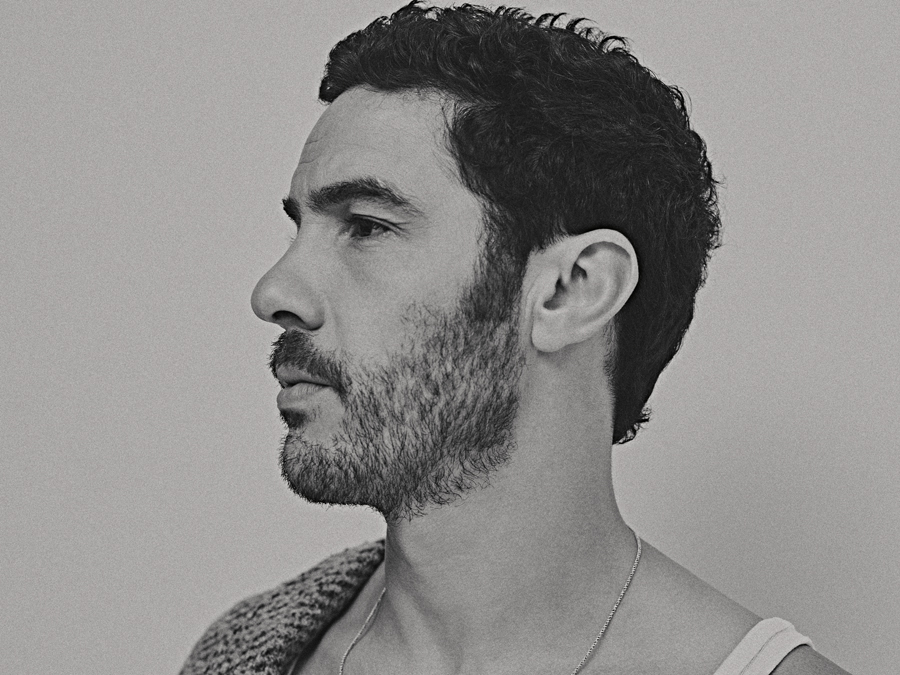
Jodie Foster also stars in The Mauritanian as the lawyer Nancy Hollander… Was it intimidating meeting her?
Yes, but the air cleared very quickly. She’s an absolutely brilliant woman who speaks perfect French… We created something so strong that it clearly lifted my performance and made my acting better.
Why are you so fascinated by American actors?
I’m a total fan of 70s cinema. When I was young, in American movies, I saw people like me, people who could have been those around me, the exteriors looked like things I might see in my street… I could iden- tify with them. In the 70s, American actors invented a style of acting that hasn’t budged since and that can’t be revolutionized.
Kevin Macdonald’s feature film
The Mauritanian is out on 17 February.
The series The Serpent, directed by Richard Warlow and Toby Finlay and first broadcast on the BBC, will soon be available on Netflix.






